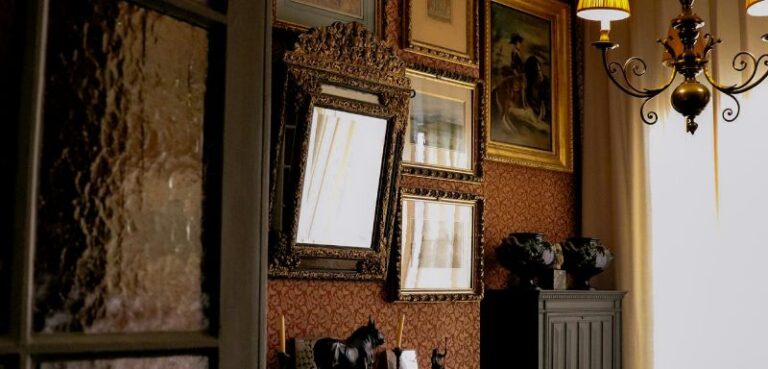Even in this digital day, fashion weeks continue to exemplify the meeting point of art, commerce, and cultural criticism; they are more than simply displays for new lines. In addition to establishing the tone for future trends, these events provide opportunities for society to reflect and talk about itself. Not only do designers showcase their outfits during fashion weeks, but they also use this opportunity to communicate messages that have an impact beyond the catwalk. The growing prominence of sustainability, diversity, and social justice reflects larger society concerns and shapes industrial practices.
Diversity on the runway is just one more way that contemporary fashion weeks are welcoming to all. A more inclusive ideal of beauty and style is being promoted by the increasing visibility of models that defy past stereotypes and showcase a range of racial, gender, and ability identities. This development recognizes the influence of fashion as a medium for societal transformation, altering views and increasing diversity in the field.
In addition, fashion weeks have become much more accessible to the public through their digital revolution. Live broadcasts, social media coverage, and interactive digital experiences have expanded the reach of fashion weeks from exclusive events for industry insiders to viewers worldwide. As a result of this accessibility, fashion critique and influence have become more democratic, while the reach of designers and brands has expanded. Customers can actively participate in the debate around fashion weeks through social media, where they can instantly engage, critique collections, and celebrate diversity on the runway.
New presentation formats have also emerged because of fashion weeks’ incorporation of technology. Besides the traditional runway, audiences now have more immersive ways to engage with fashion through virtual reality (VR) experiences, augmented reality (AR) filters, and interactive digital showrooms. Not only do these innovations in technology improve the viewing experience, but they also give marketers new ways to connect with customers on a more intimate and meaningful level.
On the long run, fashion weeks’ continued importance in the digital age is firmly grounded in its capacity to inspire, provoke, and create. They are cultural barometers because they both reflect and shape society ideals through their innovative and expressive work. On a worldwide scale, fashion weeks are about more than just the clothes on display; they are a meeting place for art, business, and culture. Fashion weeks will continue to have a significant and far-reaching influence on the future of fashion, even though the fashion industry is going through a period of fast change.


